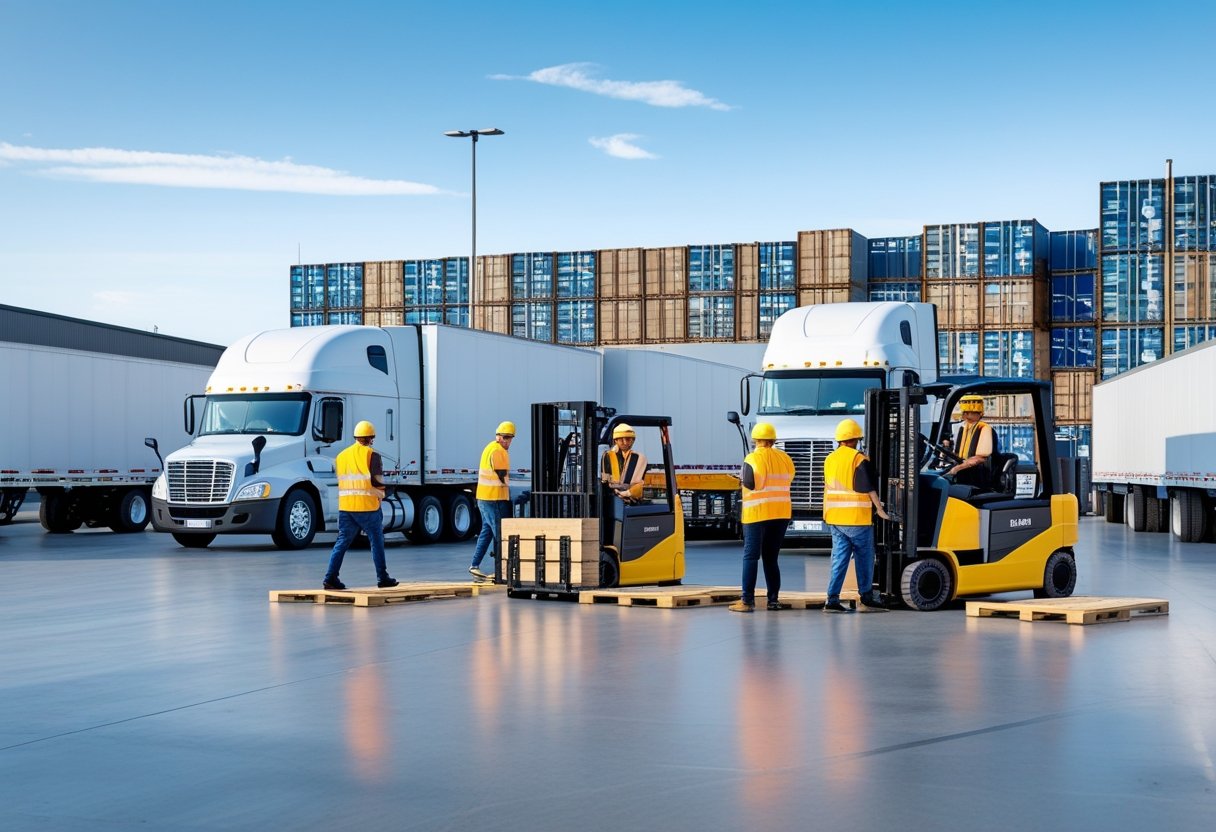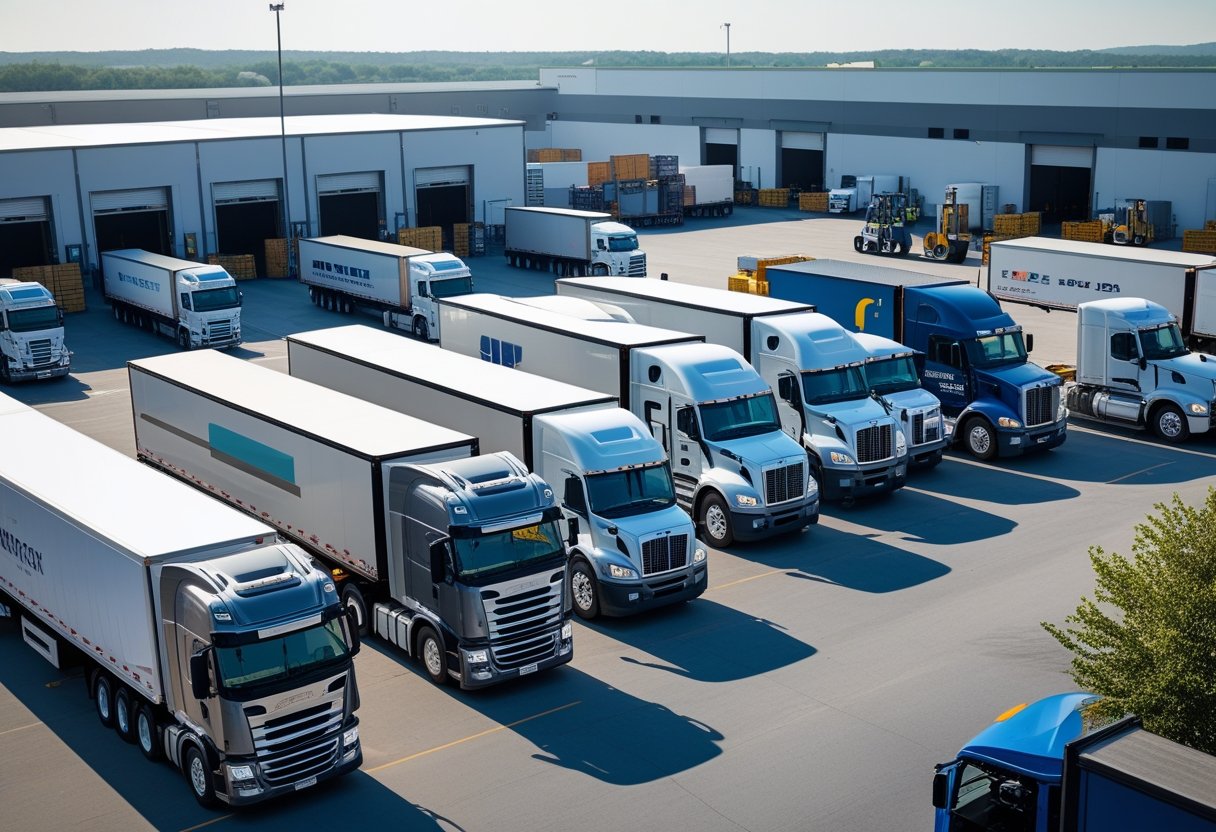How to start saving money
Lorem ipsum dolor sit amet, consectetur adipiscing elit lobortis arcu enim urna adipiscing praesent velit viverra sit semper lorem eu cursus vel hendrerit elementum morbi curabitur etiam nibh justo, lorem aliquet donec sed sit mi dignissim at ante massa mattis.
- Neque sodales ut etiam sit amet nisl purus non tellus orci ac auctor
- Adipiscing elit ut aliquam purus sit amet viverra suspendisse potent
- Mauris commodo quis imperdiet massa tincidunt nunc pulvinar
- Excepteur sint occaecat cupidatat non proident sunt in culpa qui officia
Why it is important to start saving
Vitae congue eu consequat ac felis placerat vestibulum lectus mauris ultrices cursus sit amet dictum sit amet justo donec enim diam porttitor lacus luctus accumsan tortor posuere praesent tristique magna sit amet purus gravida quis blandit turpis.

How much money should I save?
At risus viverra adipiscing at in tellus integer feugiat nisl pretium fusce id velit ut tortor sagittis orci a scelerisque purus semper eget at lectus urna duis convallis. porta nibh venenatis cras sed felis eget neque laoreet suspendisse interdum consectetur libero id faucibus nisl donec pretium vulputate sapien nec sagittis aliquam nunc lobortis mattis aliquam faucibus purus in.
- Neque sodales ut etiam sit amet nisl purus non tellus orci ac auctor
- Adipiscing elit ut aliquam purus sit amet viverra suspendisse potenti
- Mauris commodo quis imperdiet massa tincidunt nunc pulvinar
- Adipiscing elit ut aliquam purus sit amet viverra suspendisse potenti
What percentege of my income should go to savings?
Nisi quis eleifend quam adipiscing vitae aliquet bibendum enim facilisis gravida neque. Velit euismod in pellentesque massa placerat volutpat lacus laoreet non curabitur gravida odio aenean sed adipiscing diam donec adipiscing tristique risus. amet est placerat in egestas erat imperdiet sed euismod nisi.
“Nisi quis eleifend quam adipiscing vitae aliquet bibendum enim facilisis gravida neque velit euismod in pellentesque”
Do you have any comments? Share them with us on social media
Eget lorem dolor sed viverra ipsum nunc aliquet bibendum felis donec et odio pellentesque diam volutpat commodo sed egestas aliquam sem fringilla ut morbi tincidunt augue interdum velit euismod eu tincidunt tortor aliquam nulla facilisi aenean sed adipiscing diam donec adipiscing ut lectus arcu bibendum at varius vel pharetra nibh venenatis cras sed felis eget.
A trucking logistics company manages the movement of goods by coordinating transportation modes, routes, and schedules. This ensures efficient delivery and covers inventory management, warehousing, and supply chain optimization.

A trucking logistics company acts as a hub that simplifies complex supply chains. This makes freight transport faster, more reliable, and cost-effective.
By using technology and expert planning, these companies create solutions for different business needs. They can handle both small shipments and large-scale distribution.
Their role includes more than just driving trucks. They integrate warehousing, freight management, and tracking systems to provide end-to-end logistics services.
This approach helps businesses maintain smooth operations and timely deliveries in a competitive market.
What Is a Trucking Logistics Company

A trucking logistics company manages the transportation of freight by truck. It coordinates route planning and delivery scheduling to ensure goods reach their destinations efficiently.
Core Functions of Trucking Logistics Companies
Trucking logistics companies plan and coordinate freight shipments to optimize timing and costs. They manage route selection based on distance, traffic, and fuel efficiency.
Assigning and scheduling drivers ensures reliable delivery times. They also track shipments in real time and provide updates to clients.
Managing warehouse storage and loading operations allows for smooth transitions between transportation phases. These companies handle permits, compliance, and paperwork needed for freight movement across regions.
Key Role in the Supply Chain
Trucking logistics companies move freight from manufacturers to distribution centers, retailers, or customers. They reduce delays and transportation costs by optimizing load capacities and coordinating shipments.
Their ability to monitor shipments improves transparency and reliability. This helps businesses manage inventory and meet customer expectations.
Strategic planning and execution improve supply chain flow. This makes freight transportation predictable and timely.
Types of Trucking Logistics Companies

Trucking logistics companies have different roles in the supply chain. Some act as intermediaries between shippers and carriers, while others offer full management of transportation and freight services.
These differences affect how companies handle shipments, contracts, and fleet operations.
Freight Brokers
Freight brokers connect shippers who need cargo moved with trucking carriers who have capacity. They do not own trucks but match freight with available carriers.
Freight brokers negotiate rates, manage contracts, and monitor shipments for timely delivery. They handle administrative tasks so carriers can focus on transport.
Key responsibilities include:
- Finding reliable carriers
- Handling documentation and shipment tracking
- Negotiating costs and delivery terms
Freight brokers offer flexible capacity without owning trucks. They help optimize freight movement across networks.
Third-Party Logistics Providers
Third-party logistics providers (3PLs) offer outsourced logistics services beyond trucking. They manage parts of or entire supply chain functions, including freight transportation, warehousing, and inventory management.
3PLs contract with various carriers to streamline shipments. They use technology and expertise to improve efficiency and reduce costs.
Typical 3PL services include:
- Freight booking and carrier selection
- Freight tracking and delivery management
- Integration of warehousing and distribution
3PLs provide end-to-end solutions for businesses needing scalable logistics without owning fleets or facilities.
Essential Services Offered
A trucking logistics company coordinates the movement and storage of goods. Its services streamline supply chains by managing freight transport, inventory storage, and timely delivery.
Transportation Management
Transportation management involves planning and optimizing freight movement. The goal is to ensure goods reach their destination efficiently.
This includes choosing shipping methods like full truckload, less-than-truckload, or specialized transport. Companies use technology to track shipments, optimize routes, and reduce transit times.
Effective transportation management addresses compliance with regulations and safety standards. This helps minimize risks during transport.
Warehousing Solutions
Warehousing services provide secure storage for freight before final delivery. These solutions include inventory management, order fulfillment, and cross-docking.
Warehouses allow businesses to hold stock near key markets. This reduces lead times and improves responsiveness.
Modern warehousing uses automation and real-time tracking to keep inventory data accurate. This reduces errors and provides better supply chain visibility.
Proper warehousing helps manage seasonal demand by adjusting storage capacities quickly.
Distribution and Delivery Solutions
Distribution and delivery ensure goods reach customers on time. This includes last-mile delivery, freight consolidation, and tailored delivery schedules.
Trucking logistics companies offer flexible delivery options, such as refrigerated trucking for perishables or flatbed services for oversized shipments. Efficient distribution reduces delays and improves customer satisfaction.
Geographic Coverage and Service Areas
Trucking logistics companies differ in their geographic reach and service structure. Knowing the scope of their coverage helps businesses choose the right shipping partner.
Serving the 48 Contiguous States
Many trucking logistics companies operate across the 48 contiguous states. This network allows for efficient long-haul freight movement, supported by terminals and distribution centers placed to optimize routes.
Companies serving this area manage next-day or expedited delivery lanes. Their fleets can handle various cargo types over long distances.
Some also provide cross-border freight movement to Canada and Mexico. This expands international logistics options without entering markets like Asia.
National Versus Regional Services
National carriers operate across multiple regions and states. They have broad infrastructure and resources to support complex supply chains.
Regional carriers focus on specific areas, such as the Midwest or the South. Their local knowledge leads to faster transit times and tailored customer service, but limits their coverage.
Regional carriers often handle specific logistics challenges well. For nationwide reach, they may partner with national firms.
FeatureNational CarriersRegional CarriersCoverage AreaMost or all U.S. statesSpecific regions onlyInfrastructureExtensive terminals and fleetsSmaller, focused operationsTransit SpeedConsistent across routesFaster within regionsCustomer ServiceBroad supportPersonalized, local expertise
Carriers and Freight Handling
Effective relationships with carriers and precise freight management are essential for efficient trucking logistics. These elements ensure timely delivery, cost control, and optimal use of resources.
Carrier Partnerships and Networks
Carrier partnerships are the backbone of trucking logistics companies. By establishing strong relationships with various carriers, companies ensure availability and reliability.
Networks often include both regional and national carriers. This allows coverage of different geographic areas and access to various equipment types.
Strong partnerships improve negotiation on rates and service terms. Collaboration helps resolve delays or issues quickly.
Key considerations include carrier compliance, safety records, and on-time performance. Companies use technology platforms to monitor and select carriers based on these factors.
Freight Matching and Load Optimization
Freight matching aligns available loads with suitable carrier capacity. This maximizes truck utilization and reduces empty miles.
Load optimization selects the best combination of shipments for each truck based on weight, size, destination, and delivery windows. This reduces transportation costs and environmental impact.
Systems use real-time tracking and data analytics to adjust loads as needed. Efficient matching and optimization increase productivity and lower costs.
Companies like Uber Freight and TQL use automated platforms to connect shippers and carriers in real time. These technologies improve transparency and load assignments.
Selecting the Right Trucking Logistics Company
Choosing a trucking logistics company means balancing dependability, service range, and cost efficiency. The decision affects supply chain operations and overall business performance.
Careful evaluation ensures alignment with operational needs and budget.
Evaluating Reliability and Reputation
Reliability is key when choosing a trucking logistics company. Companies should have a history of on-time deliveries and minimal shipment damage.
Checking references and reviews helps verify consistency and professionalism. Reputation also depends on compliance with regulations and safety standards.
Effective communication during transit is important. Real-time tracking and quick issue resolution are essential.
Warehousing capabilities add value. Providers with secure, well-located warehouses improve inventory management and reduce transit times.
Understanding Service Capabilities
Service capabilities differ among trucking logistics companies. Assess the range of transportation options offered, such as full truckload, less-than-truckload, expedited freight, or intermodal services.
Companies should be flexible to scale operations as demand changes. Integration with warehousing and inventory control adds efficiency.
Technology adoption is important. Companies using advanced tracking, route optimization, and automated reporting provide greater transparency and reliability.
Assessing Cost and Value
Cost is important, but it should be considered with the value provided. Low prices may lead to less reliable service or limited coverage.
Clear pricing, including fuel surcharges and extra fees, helps prevent surprise costs. Comparing quotes from several companies shows typical market rates.
Value also comes from extra services like warehousing, packaging, and customs handling. A good logistics partner offers both fair pricing and a range of helpful services.



